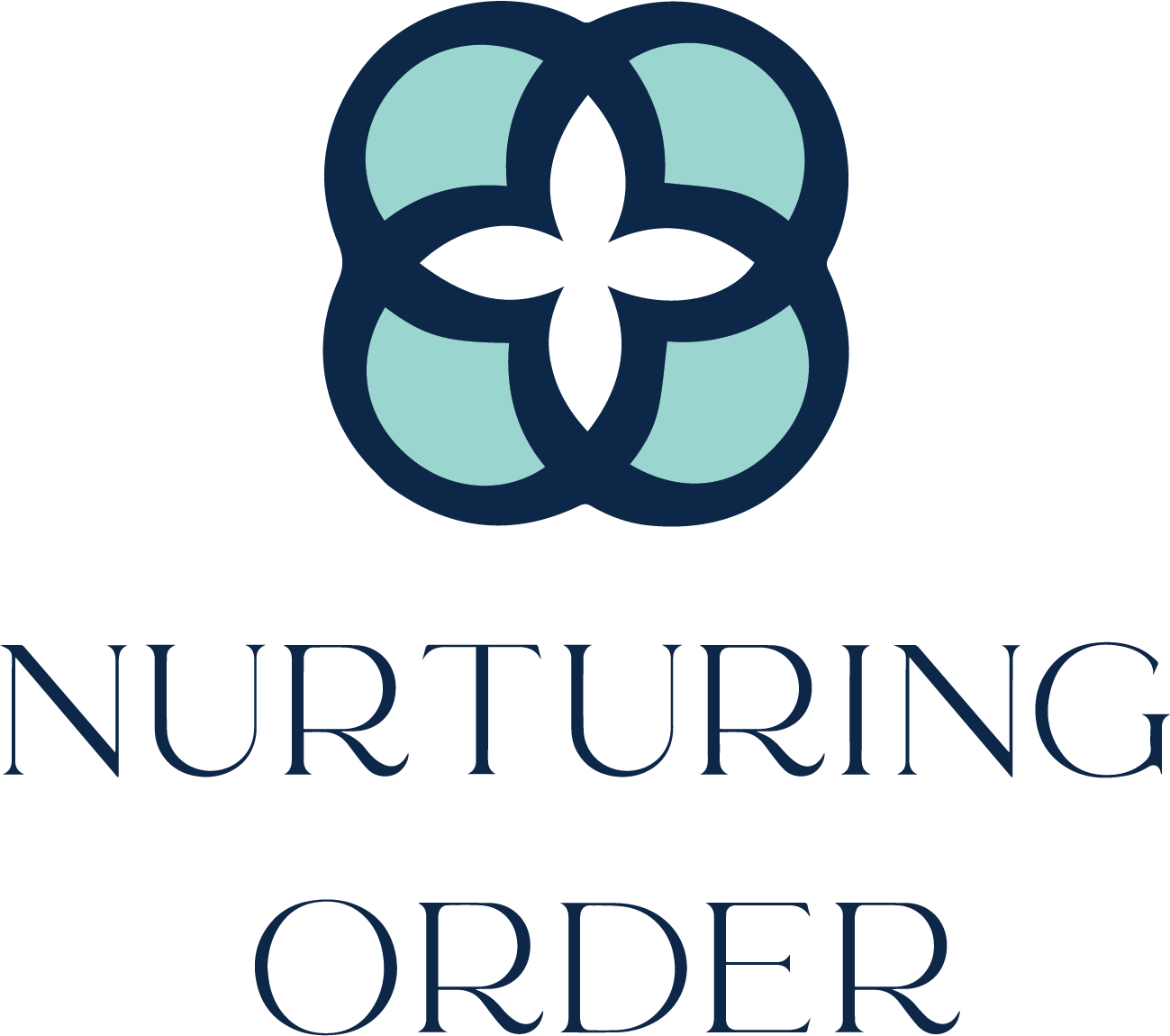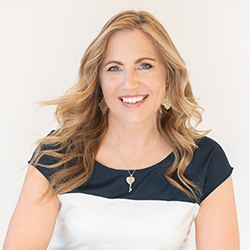
Our homes should feel like a sanctuary from the storms of life…a haven to rest, recover and recharge. Though it takes intentional effort, time and energy to create and maintain an orderly and serene home environment, it’s well worth it as its been proven to have a big connection and impact to our mental health.
In honor of Mental Health Awareness Month, I’ve collected a list of helpful articles and included a few quotes to further understand and unpack this connection of how the state of our home is closely connected with our mental health…
How Clutter Can Affect Your Health
Mess = Stress & Clutter = Cortisol
“When everything is in order, you know exactly where you put your glasses and keys so you can grab them and go on with your day. That saves time and a whole lot of hassle. In one study, women who saw their homes as cluttered had high levels of the stress hormone cortisol throughout the day, while those who described their abode as a well-organized, restful space had lower levels..”
How Clutter Affects Our Mental Health
“…physical, mental and emotional clutter can contribute to the inability to think clearly, which can contribute to stress and low energy.
Clutter can make it difficult to get things done, to find what you need, and to live in an orderly and efficient manner. When we spend time everyday looking for our keys or trying to find that one pair of pants, we can become frantic and stressed, allowing this negative daily energy to build up over time.
Spending time sifting through physical clutter to find something can take up a large amount of time, potentially taking time away from other important tasks and self-care routines.”
How Clutter Drains Your Brain (and What You Can Do About It)
“The brain has a limited amount of functions it can perform at a given time. Distractions and clutter that aren’t worth attention take up some of that space in the brain and reduce the space remaining for things that matter — and thinking overall.
Ignoring anything takes energy, and the brain becomes passive when it can’t control what to think about. Ignoring clutter around you (noise, distractions) often takes the same amount of energy as focusing.”
“…our lives have so much clutter, both physical, mental and digital. All this creates clutter and the need to ignore, which makes the brain work harder.”
” When you remove the unnecessary elements from your life, that’s when your energy can be used for those elements to really help you grow as a successful, well-connected person. It all starts with the elimination of clutter.”
It’s Science: Clutter can actually give you anxiety
“Our brains love order. The human body consists of thousands of integrated and interdependent biological and neurochemical systems, all organized and operating along circadian rhythms, without which our bodies would disintegrate into chaos. It’s no wonder that the organization within our very own bodies naturally extends to the desire for order and tidiness in our homes. And, “order feels good, in part, because it’s easier for our brains to deal with and not have to work so hard,” says psychotherapist and professional organizer Cindy Glovinsky.”
“Chronic clutter can create prolonged stress, throwing us into a state of low-grade, perpetual fight-or-flight—the system designed to help us survive. The fight-or-flight response involves the complex interaction of many body systems and organs that activate needed functions and minimize unnecessary functions during times of stress. These systems must remain in balance to maintain optimum physical and psychological health.
According to a Cornell University study from 2016, stress triggered by clutter may also trigger coping and avoidance strategies, like eating junk food, oversleeping or binge-watching Netflix.”
* * * * *
“The brain has a limited capacity to process information. To filter out extra stimuli and focus on what we are trying to achieve at any given moment, the top-down and bottom-up attention mechanisms compete. By mutually suppressing each other, brain power is exhausted, and ultimately we lose focus. Whether we know it or not, a kitchen counter stacked with mail and basket full of unfolded laundry can be as distracting to us as a toddler in the throes of a tantrum.”
* * * * *
“In addition to improving our mood and focus, decluttering often acts as a catalyst to taking better care of other aspects of our life. “By purging unneeded items from our homes, it is like deleting files to create disk space on your computer. Suddenly, the whole operating system is more efficient… this decreases stress and increases your effectiveness personally and professionally,” says Licensed Clinical Professional Counselor, Joyce Marter.”
Cleaning is a Form of Self Care
“Living spaces are energetic extensions of ourselves. When our outer world is in order, our inner-world feels well-tended and nourished. Conversely, when our homes are dirty, disorganized, or in disarray, we can feel overwhelmed, ashamed, lethargic and anxious.”
* * * * *
“The act of cleaning itself also has a positive phycological impact. Cleaning gives us a sense of control and accomplishment, which helps us better manage the ups and downs of life with a sense of resilience and self-confidence.”
* * * * *
“Darby Saxbe, assistant professor of psychology at USC, said “[Cleaning] gives people a sense of mastery and control over their environment. Life is full of uncertainty and many situations are out of our hands, but at least we can assert our will on our living space.” If cleaning can lead to feeling in control of our personal destiny, count us in.”



